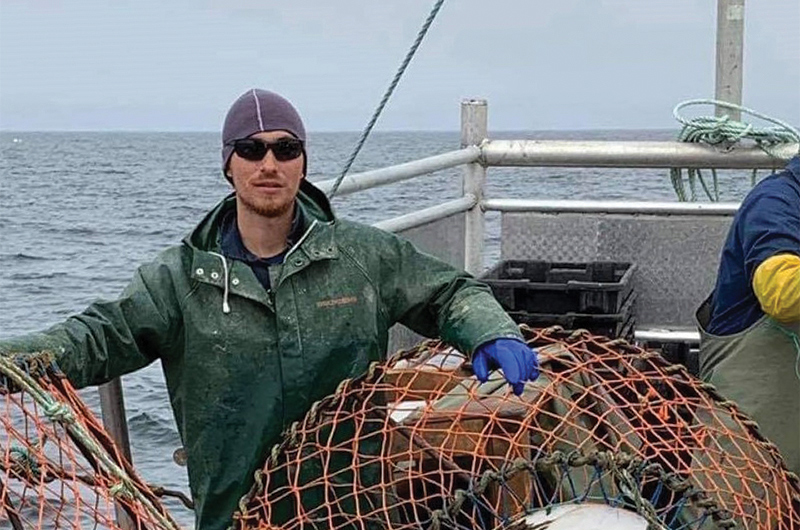Account Login
Don't have an account? Create One
Atlantic Canada’s commercial fishery has one of the highest proportions of older workers in the region, with nearly one out of every three people employed in the fishing industry over the age of 55 years (the all-industry average is one in four). The fishing workforce in Atlantic Canada is also predominantly male (making up just over 70 per cent of total employment compared to the general labour industry at 50 per cent). Those employed in the fishery also tend to be temporary workers (44.6 per cent, compared to all industries at 16.4 per cent), which is largely attributable to the seasonal nature of the work. Wild fisheries bring a great deal of risk to life and livelihood too—it’s considered one of the deadliest sectors to work in Canada and the costs involved in enterprise-ownership are often too prohibitive for many prospective owners.
“The growth in value of wild fisheries provides significant opportunities for expansion,” said Keith Sullivan, president of the Fish, Food and Allied Workers Union (FFAW-Unifor) in Newfoundland and Labrador. Attracting young people to the fishery requires overcoming a number of barriers and Sullivan said governments can help. Suggested examples of how government can support young harvesters and new entrants include adjustments to the loan guarantee programs and funding for programs and specialized training targeted to women in the fishery.
Here, a handful of fish harvesters ranging in age from 25- to 44-years-old, all from Newfoundland and Labrador, explain why they are choosing this life and how they are doing things differently from previous generations.

Cody Dyson is among the youngest enterprise owners in the fishery in Newfoundland and Labrador. He skippers a 49-foot longliner, heading offshore with his four to five crew for Snow crab in spring, then relying on his 27-foot speedboat for inshore fishing of Northern cod in summer and fall. Dyson is NunatuKavut Inuit and while his community has a long history of fishing, he says he rarely sees young people involved in the fishery anymore. He attributes that decline to the 1992 cod moratorium, when the Canadian government closed the commercial cod fishery in hopes of allowing depleted Northern cod stocks an opportunity to bounce back. “I’m fortunate my father stayed fishing after the moratorium,” said Dyson. “Most people my age don’t have that opportunity because if their fathers were fishermen, they’re not fishermen anymore.”
Having a family connection to the fishery helps launch one’s own fishing career. Dyson started fishing as a teenager, taking on summer crew jobs with his father. Now his father, and often his brother, are among the crew for his enterprise.
As he’s seen his peers leave Cartwright and Labrador over the years, Dyson said he too has considered other career paths. But he said, “I can’t picture doing anything else,” and so long as he can make a good living fishing, then he’ll keep at it. “It seems like the more years go by, the more I realize that there’s nothing else I really want to be at,” he said. “I love what I do and I’ve always made a decent living doing it. Bottom line, if it ever came to a point where I couldn’t make a decent living, well then I’d do something else.”
Continue reading this story: click below to login/subscribe
Login or SubscribeComment policy
Comments are moderated to ensure thoughtful and respectful conversations. First and last names will appear with each submission; anonymous comments and pseudonyms will not be permitted.
By submitting a comment, you accept that Atlantic Business Magazine has the right to reproduce and publish that comment in whole or in part, in any manner it chooses. Publication of a comment does not constitute endorsement of that comment. We reserve the right to close comments at any time.
Cancel